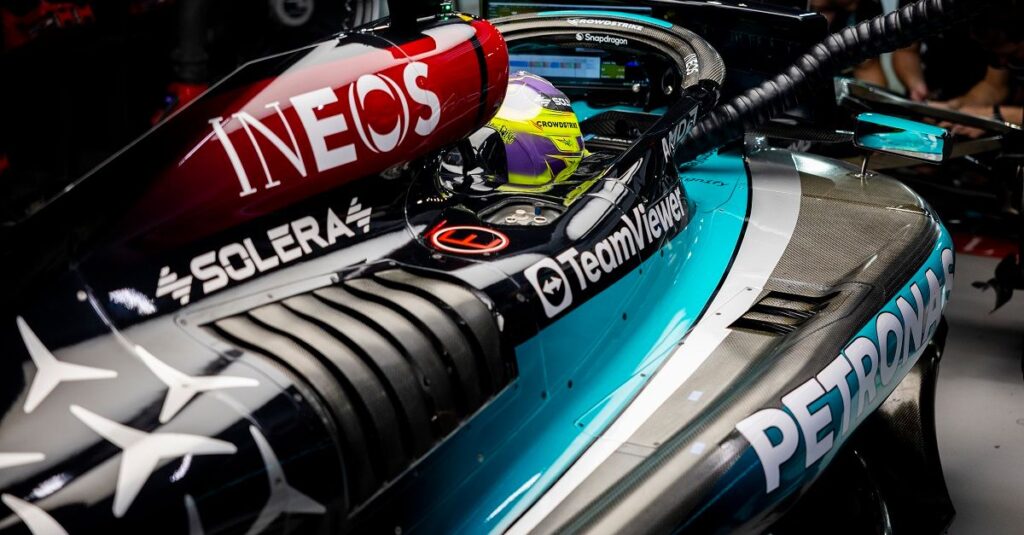[ad_1]
At the start of Formula 1’s hybrid era in 2014, Mercedes invented the split turbo that made them invincible for seven consecutive years. And now, according to Williams’ James Vowles, it’s taking a particularly innovative approach to the all-new 2026 powerplants.
After 2025, when the Formula 1 regulations will remain unchanged – without any major changes in car design and power units – in 2026 everything will change.
The hybrid powertrains will be redesigned again, this time getting rid of the MGU-H electric motor (only the MGU-K will remain), with half the power coming from the electric system and the other half from the V6 Turbo thermal engine – using 100% sustainable fuels.
This huge engineering change has, quite rightly, raised the question of which of the five engine manufacturers F1 will have in 2026 (Mercedes, Ferrari, Red Bull Ford PT, Honda, Audi) will start the new 2026 regulatory framework having some competitive edge.
Williams Racing Director James Vowles
AP PHOTO/DARKO BANDIC
James Vowles, director of Williams F1, which will continue to use Mercedes F1 engines (as will Mercedes F1, McLaren, and possibly Alpine F1), claims that Mercedes High Performance Powertrains (HPP) in Brixworth, Britain, has already “excellent” job with the 2026 power unit, thanks to a very smart investment tactic earlier, and in different areas.
Vowles, a former close partner of Toto Wolff in Mercedes F1, insists that Mercedes HPP is on the right track ahead of a complete overhaul of engine regulations in 2026 – although he reckons it will hardly enjoy a lead as big as his from 2026 2014.
“I think that the Mercedes he’s done an amazing job, and that’s why I signed our contract renewal so quickly.” said the Briton, speaking on F1’s Beyond the Grid podcast.
“I believe you will see performance differences between power units that do not exist today. I don’t think it will be at the level of 2014, when there were huge gaps between the teams.
It’s an opportunity. And in her case mercedes, they have moved very smartly by investing earlier than other manufacturers, and in different technologies. And as for biofuels, they will also bring some performance differences – but they won’t be as big as the differences that will result from the engines themselves.”James Vowles concluded.
[ad_2]

